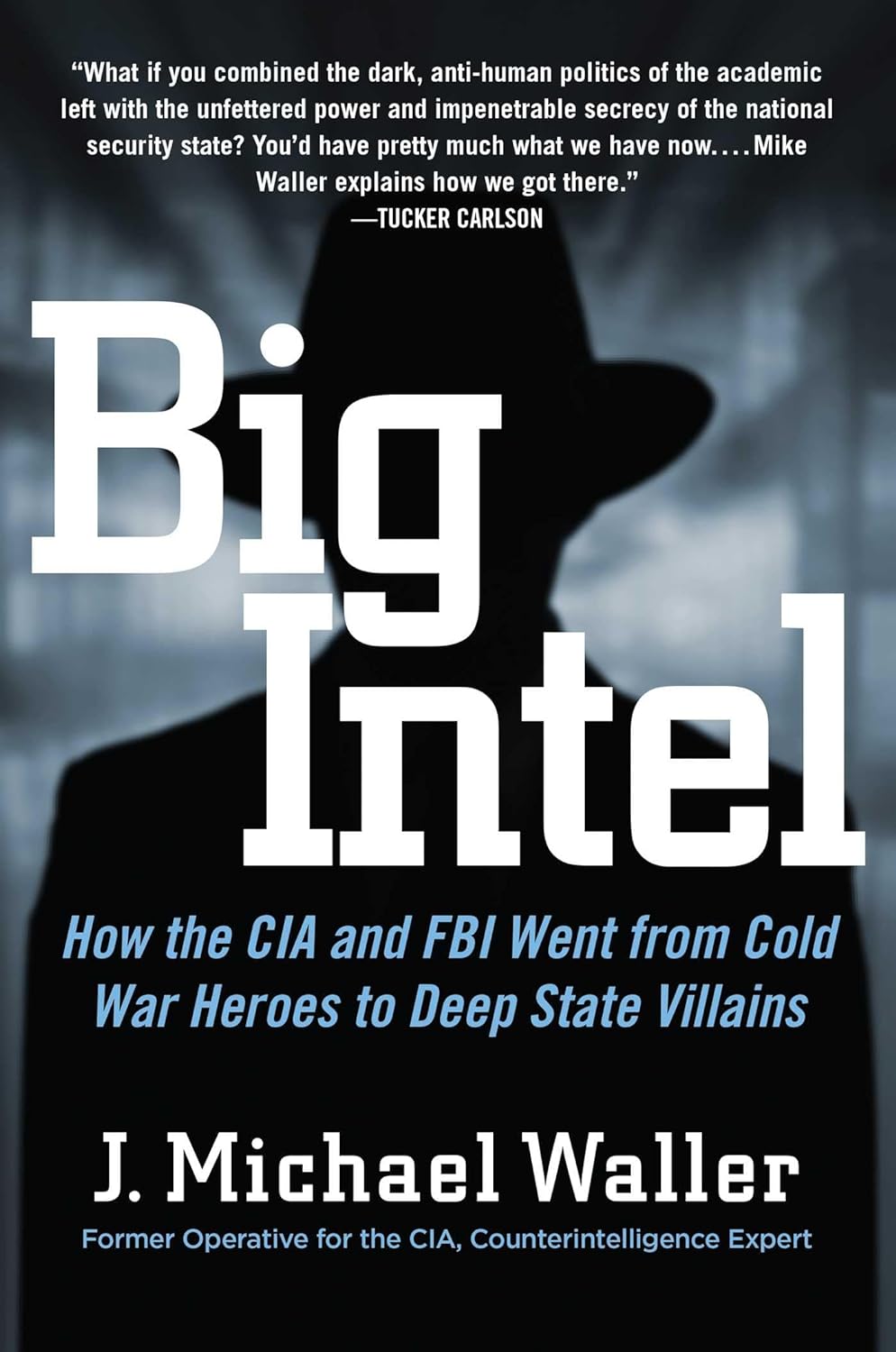Waller makes his case by examining the history of the FBI and the CIA, starting with Langley’s Second World War predecessor, the Office of Strategic Services (OSS). These compelling historical narratives alone make the book worth the read.
Before the 20th century, Washington had no significant federal law enforcement or civilian intelligence service. As foreign threats emerged, presidents turned to the Department of Justice, which responded with a hybrid of federal police and proto-intelligence activities. One early milestone was the 1919–20 Palmer Raids, carried out against revolutionary foreign radicals who were a genuine peril. Washington’s handling of the raids would set a pattern: federal authorities overreaching in a necessary crackdown, while rounding up many innocents.
The key DOJ official to emerge in this early period is, of course, a young John Edgar Hoover, who would stay on to run the FBI an incredible 48 years. The fact that, in such an ad hoc manner, a security service developed and would keep the same man in charge for almost half a century indicated the difficulty for Washington policymakers of finding the formula for running a professional and non-political federal police. That challenge is still largely unmet today.
Nevertheless, Big Intel provides an even-handed assessment of the controversial Hoover, who today is routinely vilified by liberal historians and rarely defended by modern conservatives. No apologist for the FBI director, the author still makes a convincing case that, on balance over his (too) long career, Hoover undertook a professional approach that realistically perceived the sub rosa dangers America faced. Today, it is hard to assert that Hoover did more good than harm, but there is a case to be made.
The author writes,
[Hoover] was right in identifying the institutional, individual, and ideological drivers of destructive change in America. He fairly predicted the social trends at work to fundamentally transform the country. History may have reviled him. So has the FBI itself. But the twenty-first-century FBI, as with the CIA, became a greater threat to the constitutional system and American society than the surprisingly restrained Hoover ever could have been.
